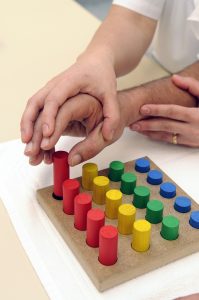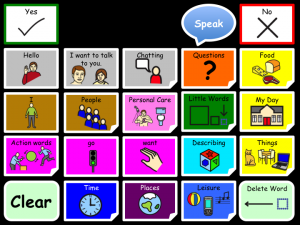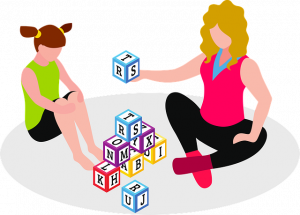What to do When Your Child gets an Autism Diagnosis
What to do When Your Child gets an Autism Diagnosis
When Your Child gets an Autism Diagnosis
- When a professional informs you that your child has autism spectrum disorder, it may be a new term to you. At this moment as a parent, you may be feeling somewhat confused.
- Remember this, however: Autism will never go away; it is an integral part of your child’s personality, and accepting your child’s autism is the first crucial step.
- After all, your child has only been given a label, and this does not make them any different than they have always been.
- You may now be wanting to know what steps to take next. Read on to find out!
Explore

- Explore this new world of the autistic mind.
- Some very good resources for learning about autism from autistic people are available on the internet, such as the guide to the autistic mind by Neuroclastic and the website of the Autistic Self-Advocacy Network.
- Social media also provides valuable opportunities to learn tips for working with your autistic child from autistic adults across the world.
Learn
- Learn about the different therapies. Many people will recommend different interventions-speech therapy, occupational therapy, behavior therapy, and so many more. You can read about occupational therapy here and speech therapy here
- Remember that the goal of any therapy should not be to ‘fix’ your child or make them ‘normal’ but to help them make their life easier.
- You can use your informed judgment to decide what will truly help your child.
When Your Child gets an Autism Diagnosis
Inquire
- When working with any therapist, ask them about the goals and techniques they are using.
- You are always your child’s first speech therapist, occupational therapist, special educator, and everything else, so you have the right to know.
- If what they are doing works during the sessions, implement the same techniques at home as well-your child’s therapists will be happy to help you find ways to do this. Read more about ways to engage your child at home here.
Presume competence
- Believe in your child. All children communicate, learn, and grow.
- Your child’s natural form of communication and method of learning is very valid, and these will help your child grow their skills as they progress in life.
- Many autistic people will also greatly benefit from using Augmentative and Alternative Communication (AAC).

- This gives them a way to communicate their thoughts and feelings
- effectively if and when spoken language is too difficult. Read more about AAC for autistic children here.
Advocate
- Advocate for your child.
- You are the strongest support your child has, and they need this pillar of support.
- Modeling this now will help them learn to stand up for themselves as they grow older, which is an invaluable life skill.
Please leave us a comment if you liked this article!
Latest posts by Krithika Ganesan (see all)
- Reading for Fun, Reading for Language, Reading for Life! - May 5, 2021
- What to do When Your Child gets an Autism Diagnosis - April 18, 2021
- Top 5 vocal exercises for vocal professionals - March 16, 2021


Leave a Comment
(0 Comments)